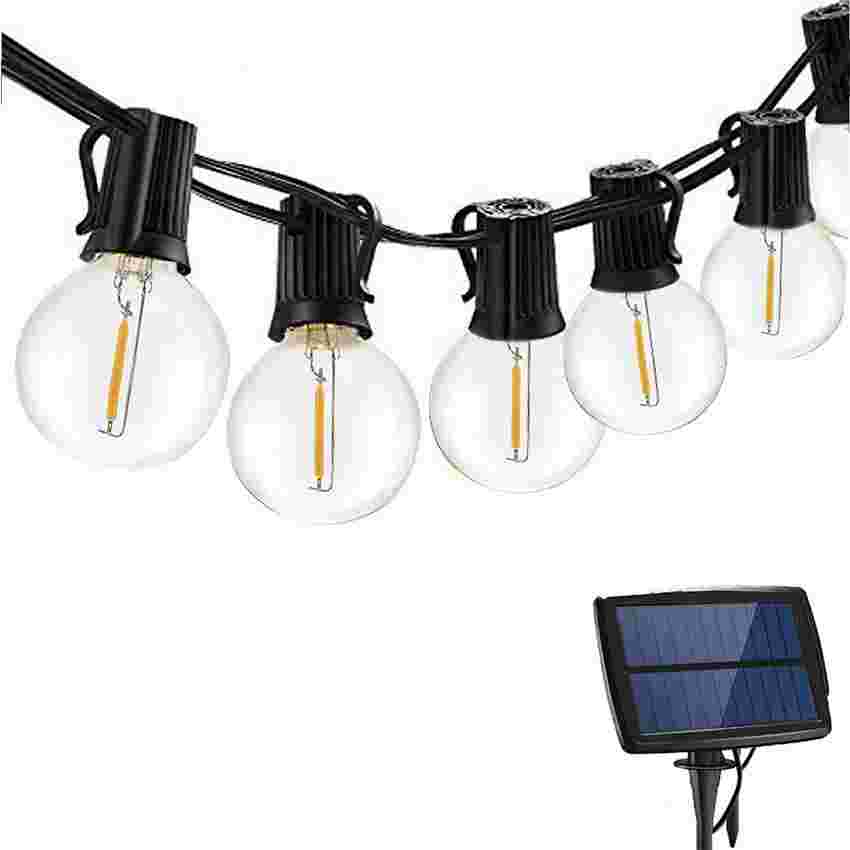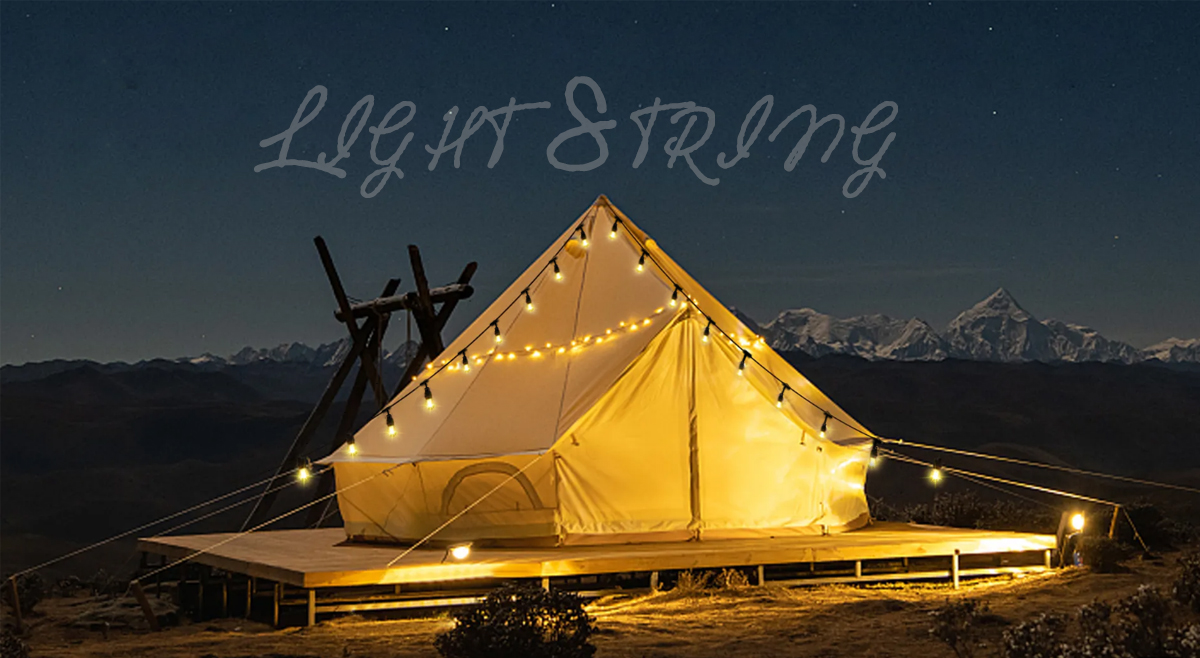Converting Solar Lights to 220V Electric Lights
With the growing emphasis on sustainable living and the use of renewable energy sources, more and more people are turning to solar lights for their outdoor lighting needs. Solar lights are an excellent environmentally-friendly option, as they harness the power of the sun to provide illumination without consuming electricity from the grid. However, individuals may be wondering if it is possible to convert these solar lights into 220V electric lights for use in indoor settings.

The answer to this question is a bit complex, as it depends on the design and specifications of the solar lights in question. In general, most solar lights are not designed to be converted to 220V electric lights. They are engineered to function specifically with the low-voltage DC power generated by their solar panels. Attempting to alter their internal circuitry to accommodate 220V electricity could compromise their safety and performance.
However, there are specific types of solar lights that are designed to be used in both outdoor solar mode and indoor electric mode. These lights are equipped with a built-in converter or adapter that allows them to be powered by standard 220V electricity. If you are interested in using solar lights indoors, it may be worth exploring this type of dual-function solar light.
In the event that your solar lights are not designed to be converted to 220V electric lights, it does not mean that you cannot enjoy the benefits of electric lighting in your indoor spaces. There are many energy-efficient and environmentally-friendly electric light options available on the market. LED lights, for example, consume significantly less electricity than traditional incandescent bulbs and have a much longer lifespan. By incorporating LED lights into your interior lighting design, you can reduce your energy consumption while still enjoying the convenience of electric lighting.

In addition to considering the possibility of converting solar lights to 220V electric lights, it is important to also think about the broader implications of your lighting choices in terms of sustainability and energy efficiency. Solar lights offer the advantage of being powered by renewable energy, thereby reducing reliance on fossil fuels and lowering carbon emissions. By incorporating them into your outdoor lighting design, you can minimize your environmental impact and contribute to a more sustainable future.
However, when it comes to indoor lighting, the focus shifts to energy-efficient electric lighting options. By choosing LED lights and other energy-efficient fixtures, you can reduce your electricity consumption and minimize your carbon footprint while still achieving the desired lighting effects in your home or workspace. Additionally, integrating smart lighting controls and sensors can further enhance energy efficiency by ensuring that lights are only used when needed.
In conclusion, while converting solar lights to 220V electric lights may not be feasible for all types of solar lights, there are alternative options available for indoor electric lighting that prioritize sustainability and energy efficiency. Whether you opt for dual-function solar lights or energy-efficient electric lights, making environmentally-conscious lighting choices can have a positive impact on both your energy bills and the planet.

The content is for informational purposes only. It does not constitute professional advice.


viber

skype

whatApp

telegram


 France
France
 Spain
Spain
 Portugal
Portugal